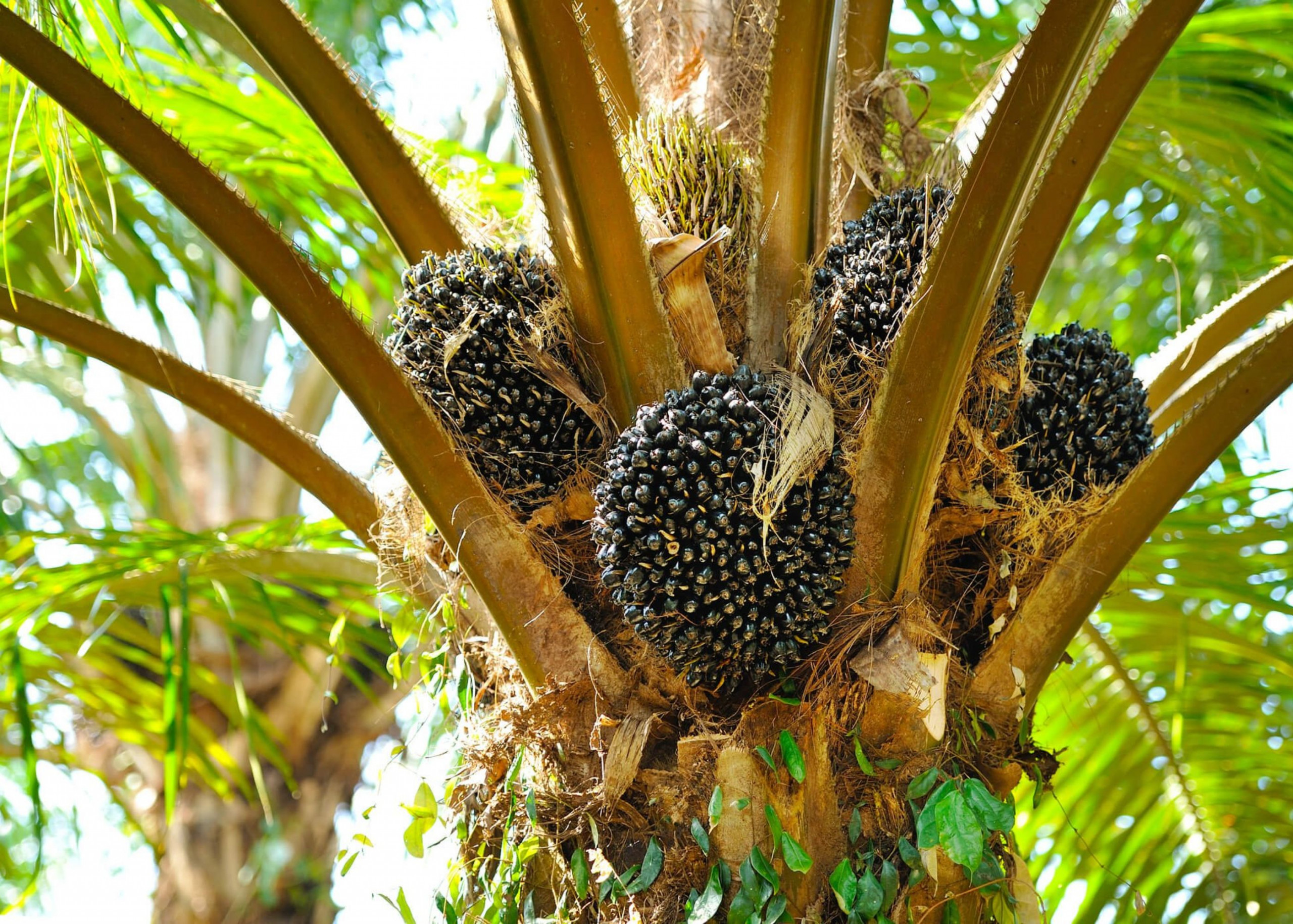News in Brief:
– Nigeria’s palm oil production has stagnated despite previous growth, but joining the Council of Palm Oil Producing Countries (CPOPC) offers potential for revitalisation.
– The membership can provide access to expertise, market insights, and policy advocacy to address challenges and boost production.
Nigeria’s palm oil production has experienced a mixed trend in recent years.
According to available data, while the industry witnessed substantial growth between 2014 and 2020, production has stagnated in the past three years, remaining at 1,400 metric tons (MT) annually from 2021 to 2023.
This plateau is a cause for concern, given the country’s significant domestic demand and the potential for increased exports.
Several factors have contributed to the stagnation in palm oil production. These include limited investment in the sector, especially in modern farming techniques, processing facilities, and rising costs of inputs, such as fertilisers and pesticides.
The potential of CPOPC membership
To address these challenges and boost palm oil production, Nigeria is exploring membership in the Council of Palm Oil Producing Countries (CPOPC). This international organisation provides a platform for collaboration, knowledge sharing, and advocacy among palm oil producing nations.
Effectively, this informed the recent visit of the CPOPC Secretary General, Dr. Rizal A. Lukman, to Nigeria, to facilitate the membership of the West African nation into the body.
Nigeria’s minister of Agriculture and Food Security, Senator Abubakar Kyari, stated that the ministry’s overarching commitment is to drive the sustainability and growth of the palm oil industry in Nigeria while ensuring that local farmers continue to thrive in the sector.
Furthermore, minister of state for agriculture, Dr. Aliyu Sabi Abdullahi, described this move as a strategic initiative aimed at revitalising the palm oil sector.
CPOPC member benefits
By joining CPOPC, Nigeria could benefit from:
- Technical Expertise: Access to technical expertise and best practices from other member countries.
- Market Insights: Information on global market trends, consumer preferences, and regulatory developments.
- Policy Advocacy: Support in advocating for policies that promote sustainable palm oil production and fair trade.
The CPOPC, founded in 2015, is made up of Indonesia, Malaysia, Honduras, with Papua New Guinea, Colombia and Ghana having Observer status in the body.
Ghana’s inclusion in the body has, however, raised eyebrows of some experts who have faulted the non-inclusion of Nigeria in the body, despite being the largest producer of the product on the continent.
The council was established with the goals of creating a synergy in sustainability standards, effectively managing production, while boosting the palm oil industry. It is worthy to note that Indonesia and Malaysia account for over 90% of global palm oil production.
Promising future
While Nigeria’s palm oil production has plateaued in recent years, the country’s membership in CPOPC offers a promising to significantly boost the it’s fortunes in the palm oil industry.
Essentially, the move will aid the West African nation in gaining access to valuable resources, expertise, and partnerships that can help address the challenges hindering its palm oil production.
It is also instrumental in achieving government’s own target of increasing palm oil production in the country to 2 million MT per year by 2025.



